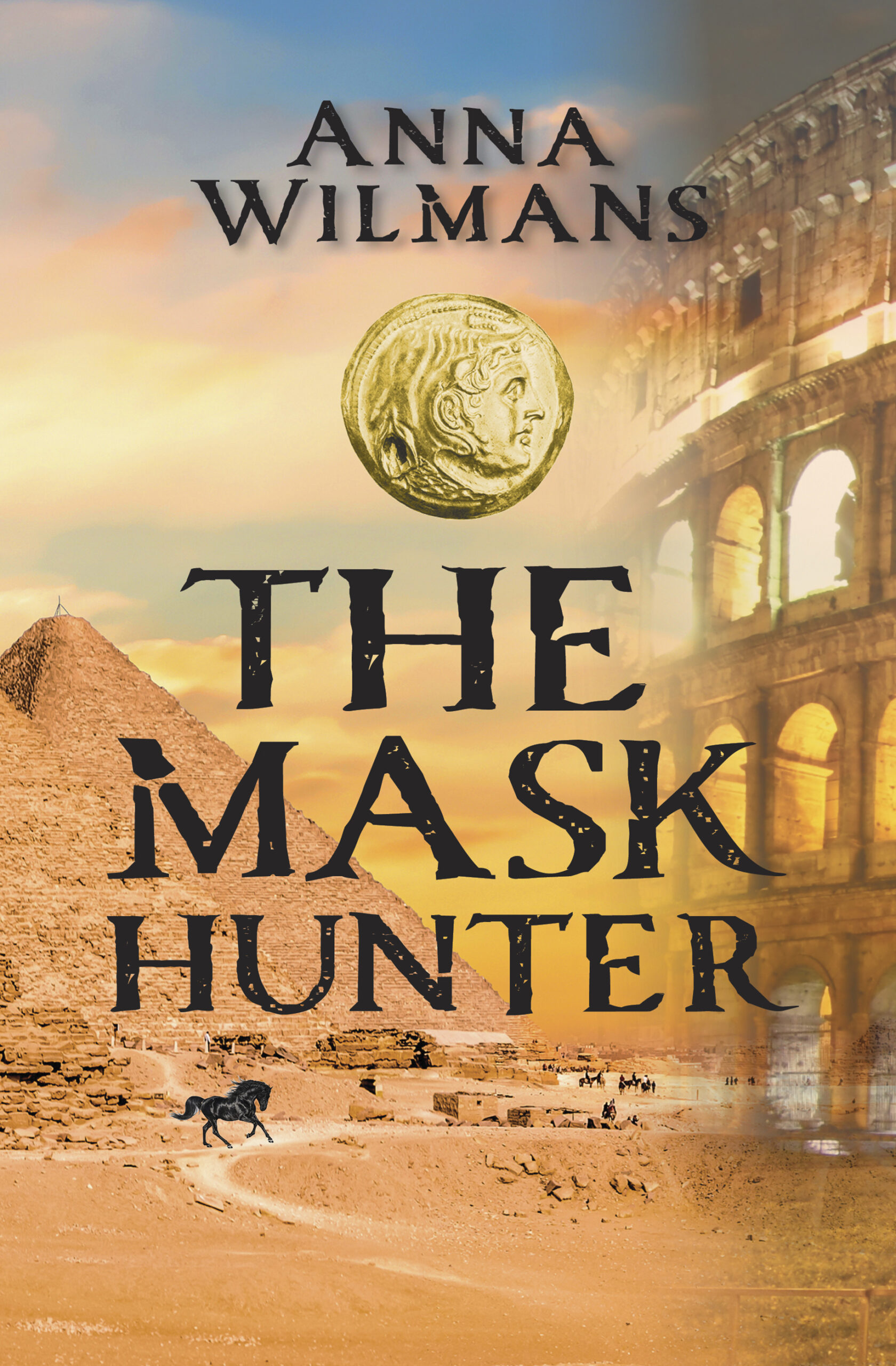THE MASK HUNTER book releases September 9 2024.
Historical fiction, and historical-based fiction, is something that isn’t exactly trending these days, automatically making Anna Wilmans’ new book The Mask Hunter unique out of the gate. However it’s the surprisingly sharp focus, numerous narrative twists, and a sense of considerable fluidity and narrative confidence boosting it to one of the better literary works out this year. Wilman’s book is fictional, but what it depicts through the eyes of its protagonist, a one Parthi Guthrie, are real.
All of the information about the man behind the titular mask, Macedonian king Alexander the Great, along with cultural theft and the smuggling of antiquities is verified and real, adding a kind of Dan Brown, Da Vinci Code-esque multifacetedness to the story. It’s only fitting that there’s also a distinct Michael Crichton angle when it comes to realism, a marriage between left and right, courtesy of Wilmans’ own pedigrees. A native of Connecticut, she’s a graduate of Connecticut College and the University of Southern California, obtaining a PhD in Ancient Art History and Archaeology from the latter. She’s performed in excavations at historical sights in the likes of Israel, Turkey, and Greece. Needless to say, some aspects of what Guthrie experiences in the text may border somewhat on autobiographical, or deeply personal from a professionalist context.
Like Crichton, who brilliantly married medicine and pulp fiction, Wilmans displays considerable craft in marrying historical fact with page-turning thriller beats. The pace is crisp, the story as a whole purrs, the characters are rich, complex, and feel like real people and not walking ideological or situational mechanisms, and the facts aren’t shoehorned in. The story and the real-life origins behind them share a symbiotc rapport, something Wilmans herself emphasizes in the book’s opening statement. “Although there is no hard evidence that Alexander was laid to rest in Alexandria, the city he founded in Egypt, or that his body was treated to mummification as would befit the Pharaoh he proclaimed himself to be, there are credible ancient literary sources pointing in those directions,” Wilmans writes, referring to the location of the book’s titular death mask. “This tempting probability inspired my fictional search into the postmortem adventures of one of history’s most compelling and controversial heroes. The Warner is a fictional museum, and the people and events in The Mask Hunter are entirely creations of my imagination. However, it has been well documented that many of the archaeological treasures exhibited in the world’s most prestigious museums arrived there thanks to the world’s second-oldest profession: grave robbing. This poses ongoing ethical and legal questions.”
The result is a story that Wilmans knows how to both provide certainty to, and leave aspects of deliberately ambiguous. It’s unusual for books of this nature not to possess a certain amount of black and white traits. After all, historical fiction texts can be so weighty in terms of their source material that writers – even polished ones – seek to rectify the reading base being overwhelmed by it all. But Wilmans doesn’t do that, she trusts her base to be able to balance a realistic narrative with some depthy factual bases. That’s to be seriously commended.
Garth Thomas

